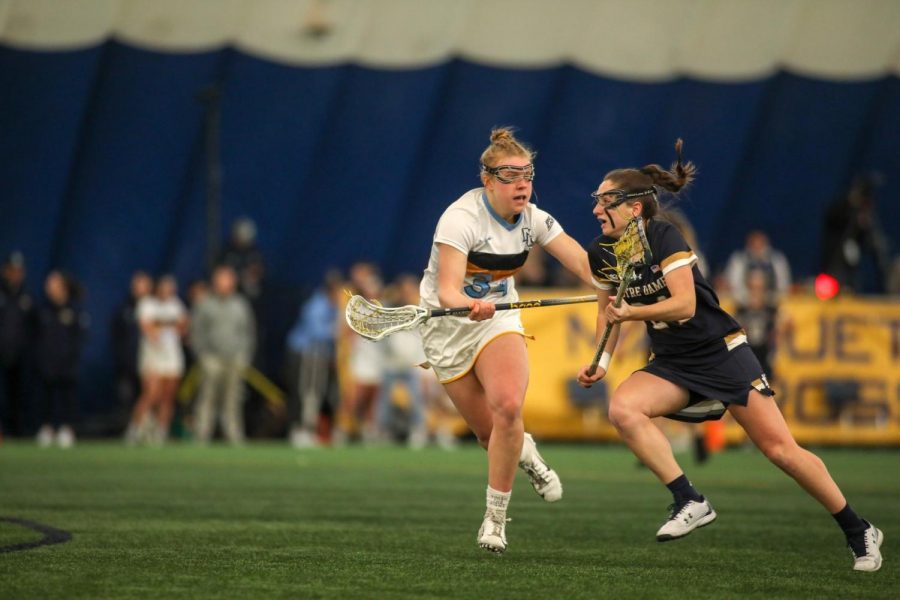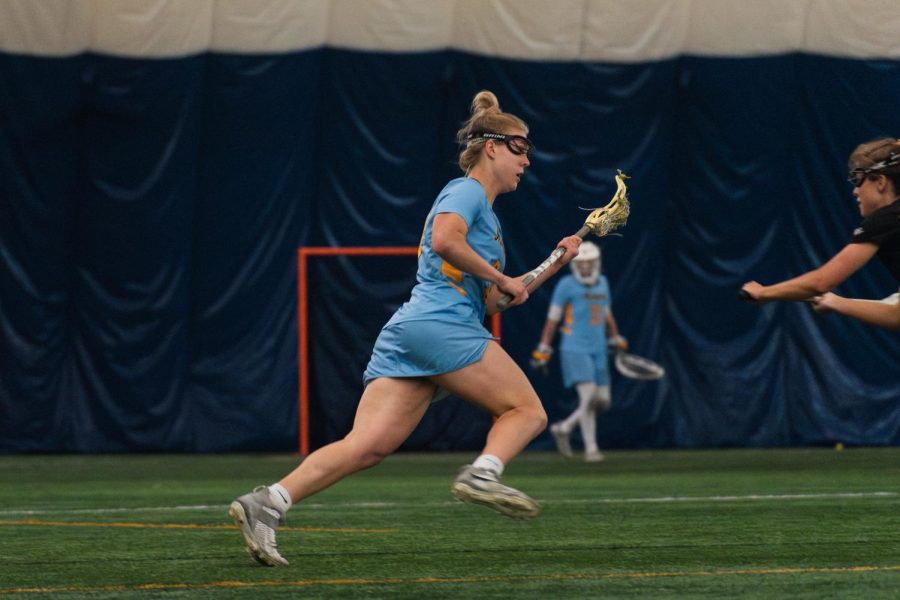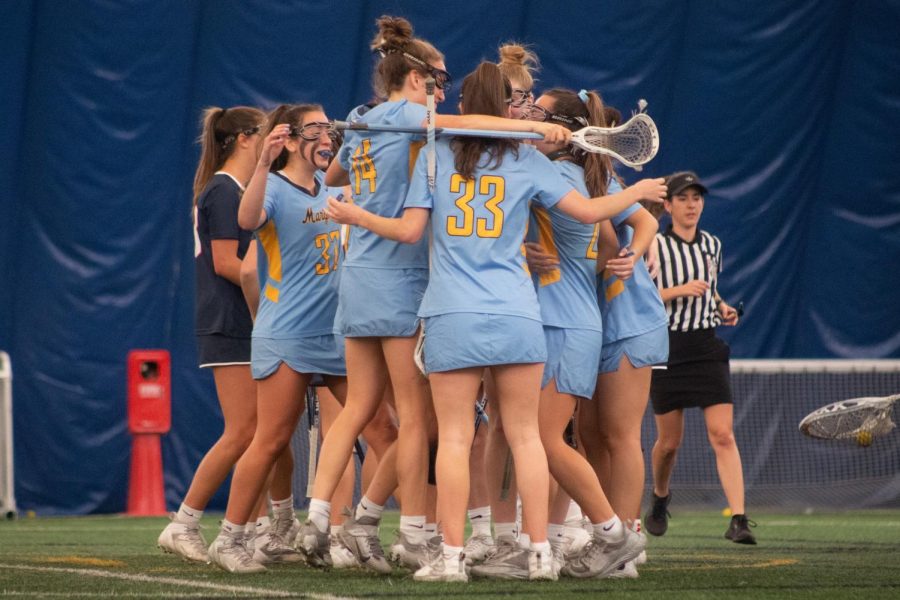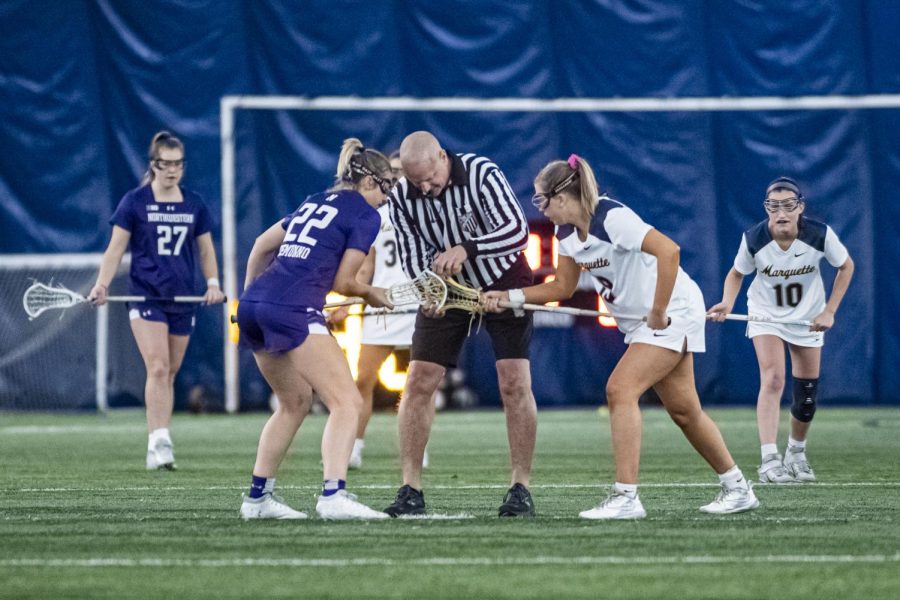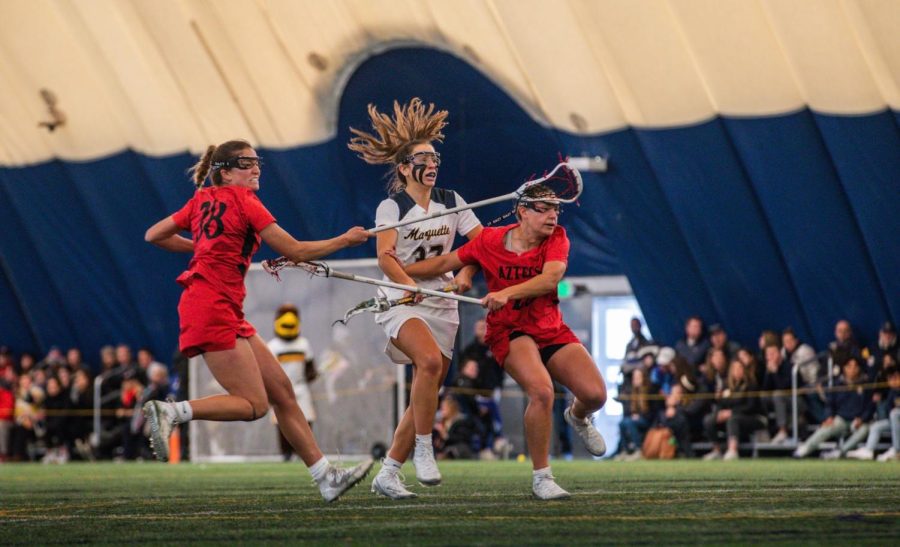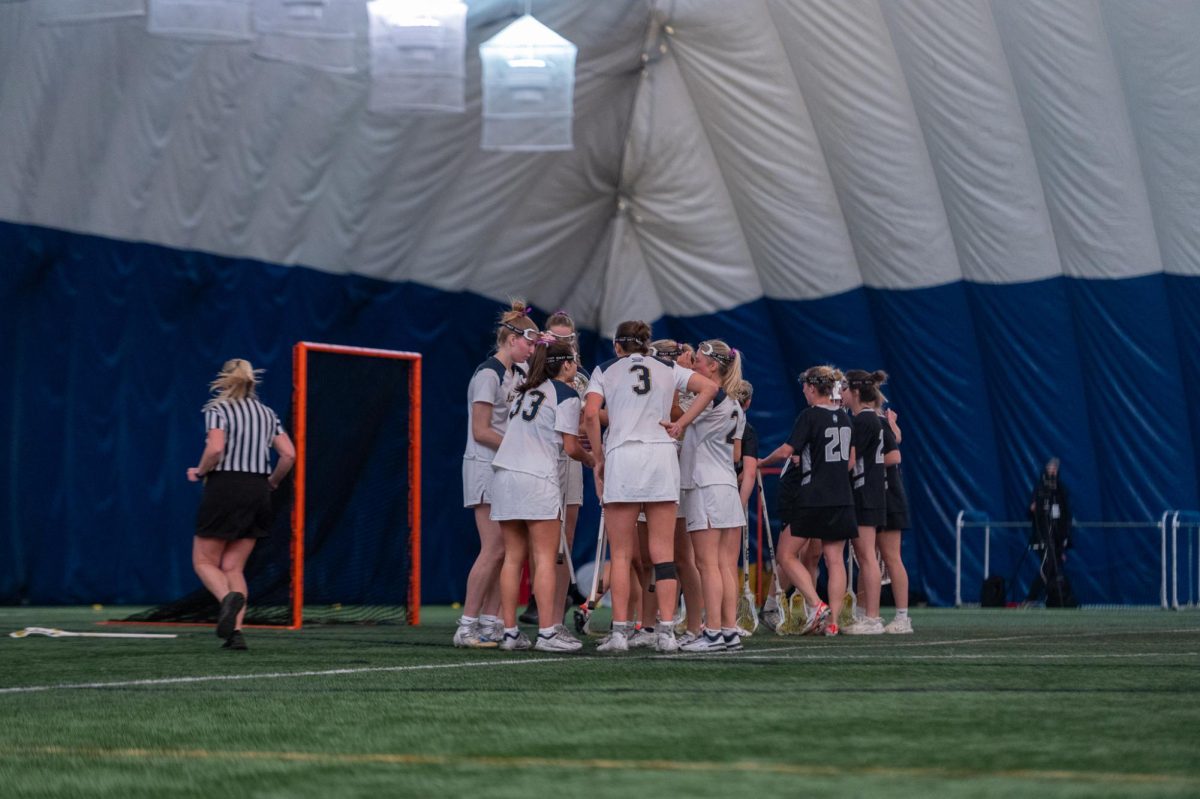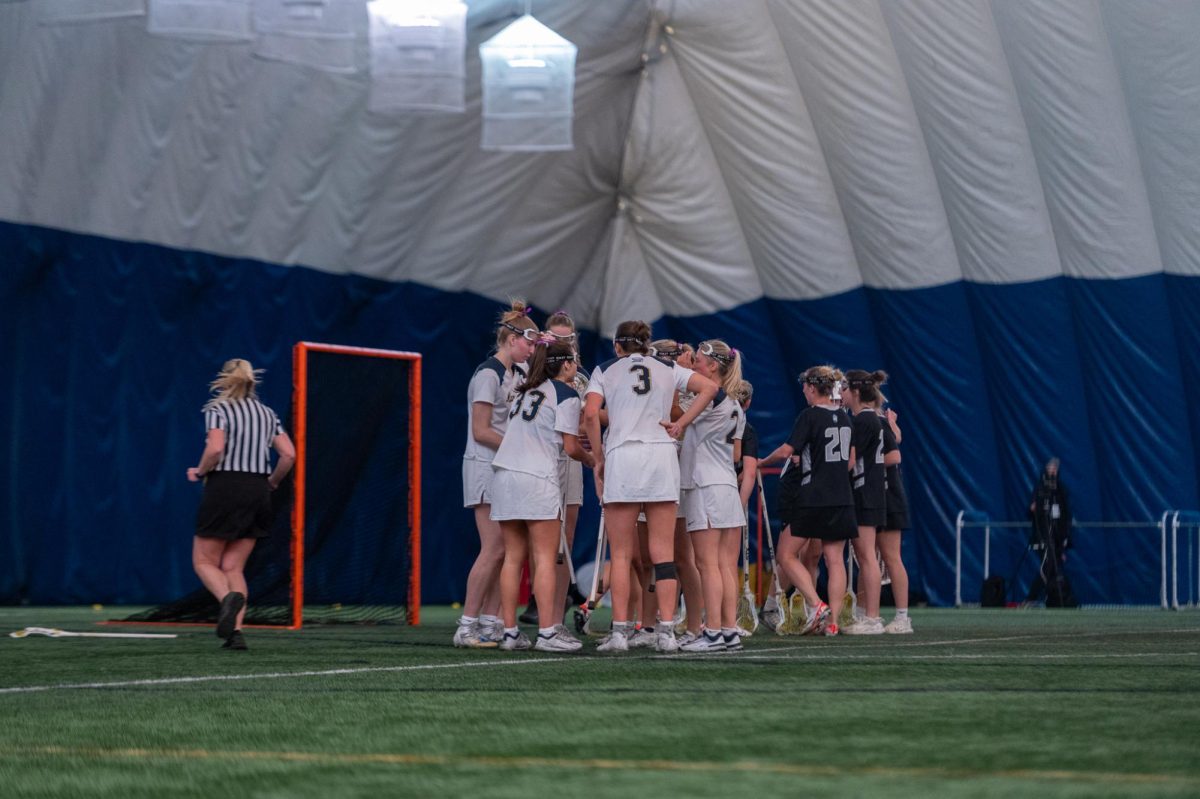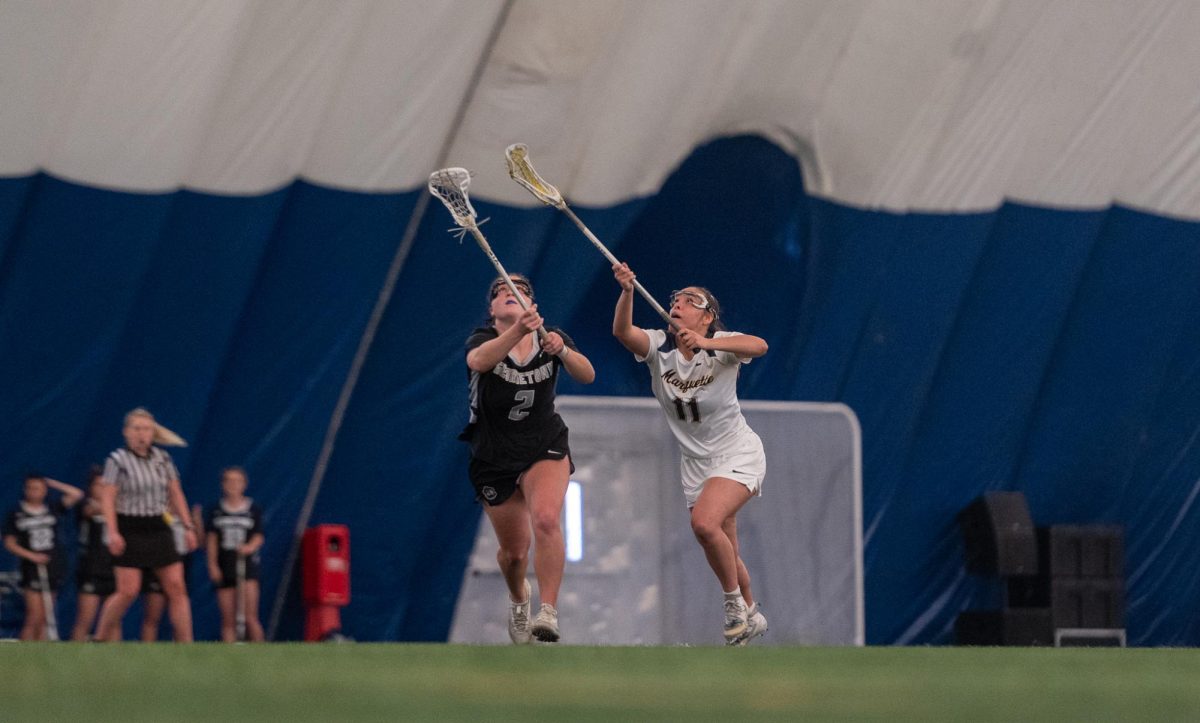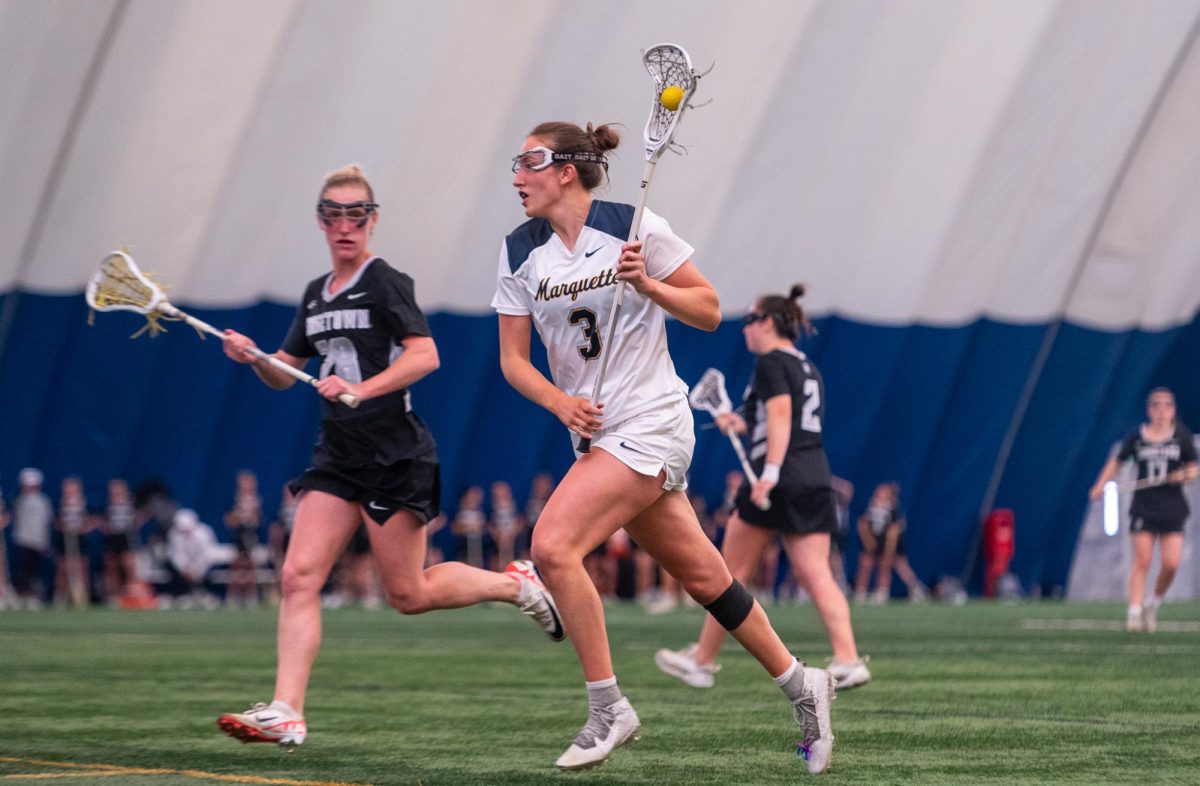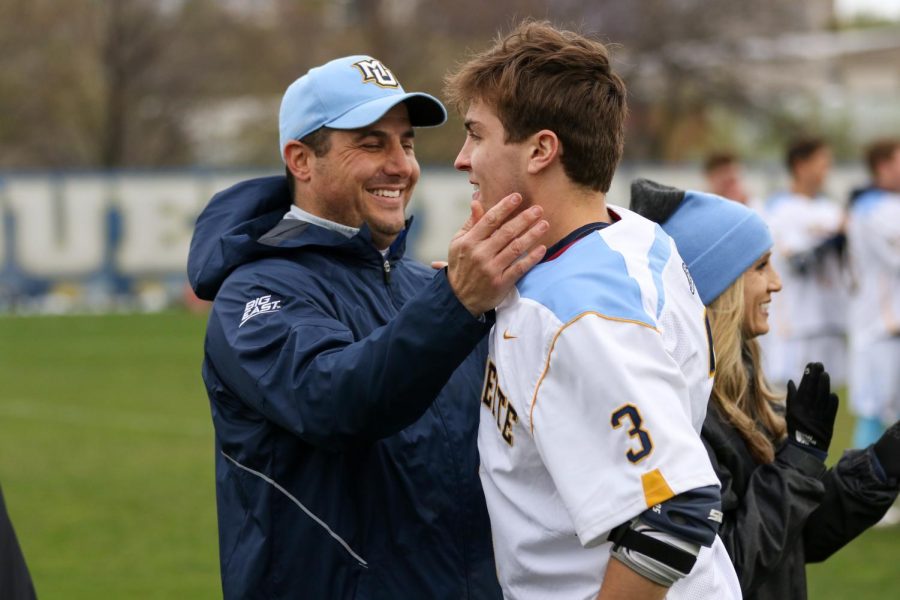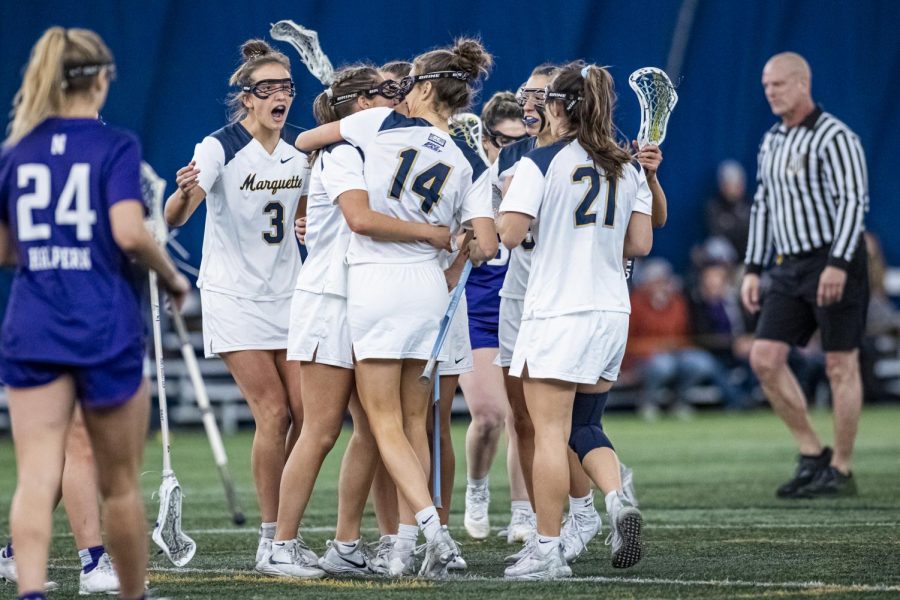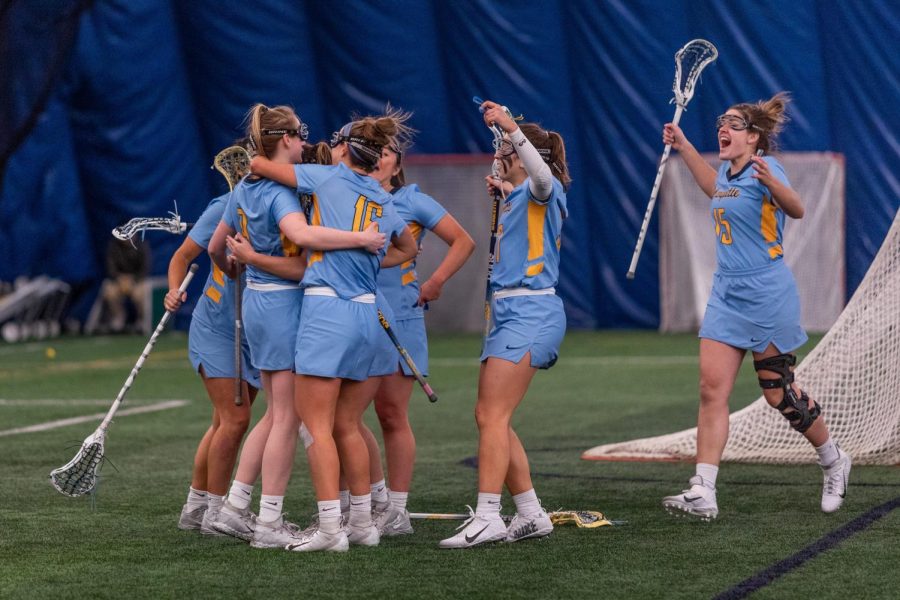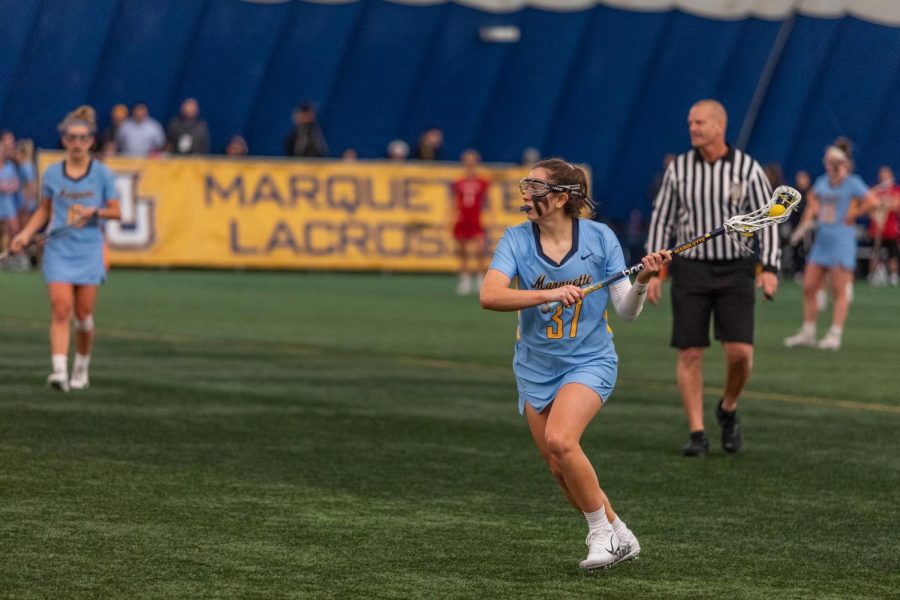As a junior in high school, current Marquette freshman Ellie Henry had the opportunity of a lifetime: A two-week mission trip to Peru to work in a children’s hospital shadowing surgeons on pro-bono surgeries.
“I was in the (operating room) the entire time watching,” Henry said. “I also helped set up the OR if they needed anything. Obviously I couldn’t grab (anything), but … I learned a lot about the specific type of sutures.”
At the clinic, Henry witnessed a variety of trauma surgeries. The biomedical sciences major said her favorite was aiding with emergency surgeries.
“A kid came in (with) a severed heel because he fell off a motorcycle,” Henry said. “Another one, he had an arm amputation because there was a bus accident.”
A typical day for Henry in Peru lasted at least 18 hours. She said she woke up each day at 5 a.m. or 6 a.m. and then would have dinner at midnight.
Henry said most surgeons she worked with spoke English, but she needed help from the translator if there was someone that didn’t speak English.
She said the surgeons in Peru didn’t always know what to expect because people didn’t schedule appointments for specific operations.
“(In) Peru, everything was experimental and on the fly. ‘OK, we have to get this done within this amount of time because otherwise we’re not going be able to get to this kid and we don’t want to push it back a day because these families are driving like six hours to get here,’” Henry said.
A year later, she took an Eden Prairie High School class as a senior which helped her get connected to surgeons, including one of her friends’ dad.
“Just being able to be back in the OR and be in that atmosphere here in America — it’s different because here the days are a lot more structured,” Henry said.
She said when she was in that class in Minnesota, she went to shadow her friend’s dad either for a clinical day or surgery once or twice a month. She said some of the key differences between the U.S. and Peru involved the materials and technology used and time spent.
“(The United States) was a lot more organized with things,” Henry said. “Also, a lot more relaxed. (The surgeon) had music playing and sometimes he’d be singing. … Time-management wise, it was a lot slower.”
The internship during her senior year of high school included extra time studying and evaluating cases. She also took an anatomy class, which provided background going into surgeries. It also developed her professional leadership skills and she said it is one of the reasons why she chose Marquette, for its pre-med track.
“There were different leadership things he had us read in terms of preparing (for) how to speak up in an environment where I’m an intern,” Henry said. “How much credibility do I have never having studied this before?”
Some of those leadership skills she learned have translated to the lacrosse field.
“She’s very confident. She’s very driven,” head coach Meredith Black said. “She’s confidently driven. … In a very unselfish way, she does what she wants to do, and she’s unapologetic about it.”
Black said she has seen Henry’s confidence grow over the past semester, which is especially impressive as a freshman.
“She believes in herself, and that’s great,” Black said. “She has really high expectations for herself, and she has really high goals she wants to achieve. She’s the type of person that will achieve them because she’s very driven and believes in herself.”
The Eden Prairie, Minnesota, native knew from a young age she wanted to go into medicine.
“When I was younger, my grandma took me to this place, it was like this veterinary (clinic) and they were having this, like, clinic day,” Henry said. “They were doing surgery on this stuffed animal and started talking about this tool. … I passed out when they were explaining it. My mom was like, ‘You could never be a doctor now.’”
Last semester, Henry was in engineering, but now she is the biomedical sciences program, taking biology and chemistry classes. She said she is planning for a minor in math.
“Her first semester was great, but we didn’t travel,” Black said. “Now that it’s a little more strenuous a schedule, we’ll see, but I have no worries about her whatsoever. I know she’ll do great.”
Henry said she never thought about being a trauma surgeon until she went to Peru.
“With the trauma and ER, the experimental piece of it and problem solving on your feet,” Henry said.
She said talking to an anesthesiologist gave Henry an outlook that has stuck with her over the years.
“This surgery is going to change their life and going to fix them,” Henry said. “Pain is just going to be a factor in that. Pain isn’t going to kill them. … It’s almost like a first-world thing that we overlook here.”

